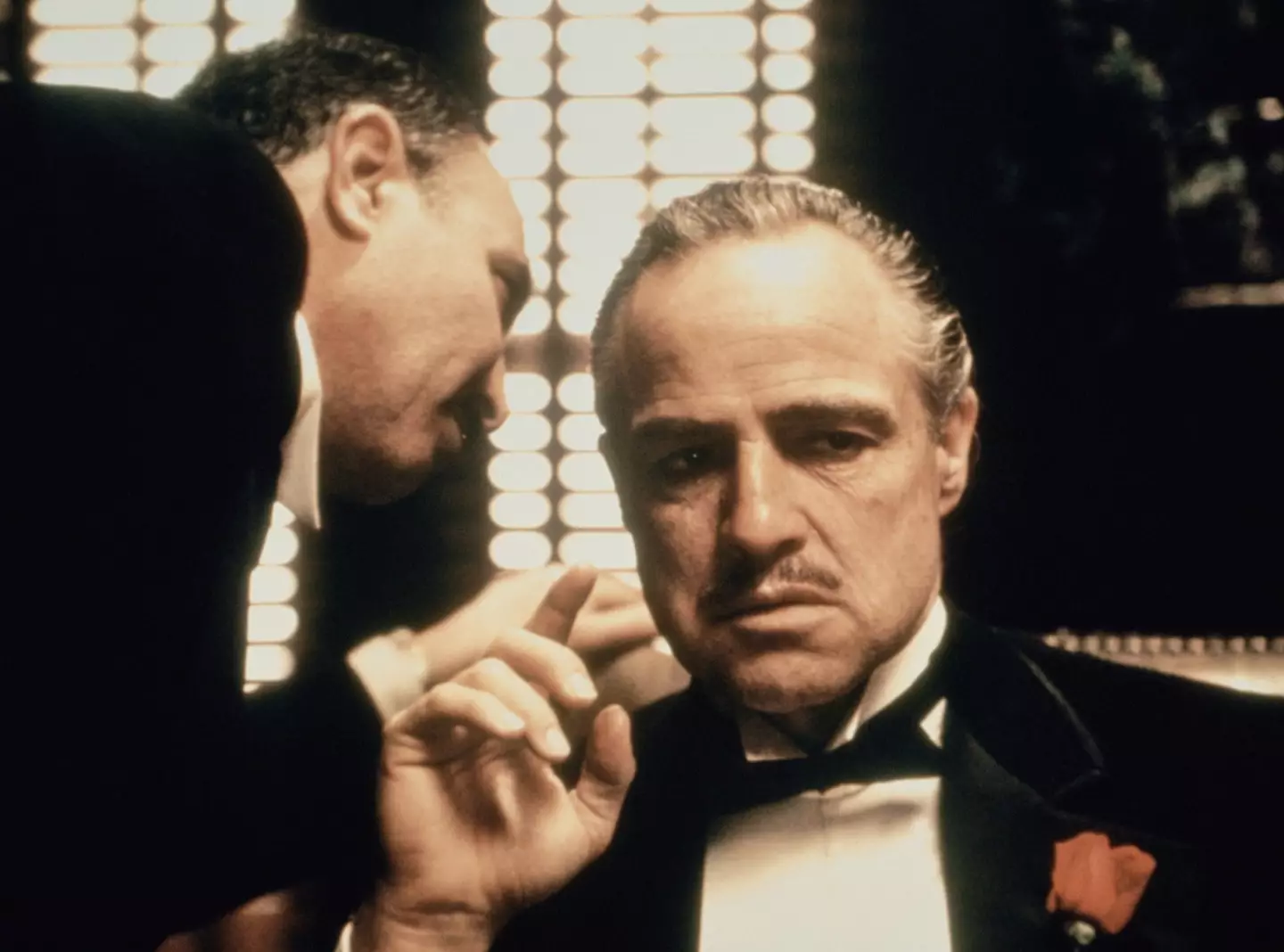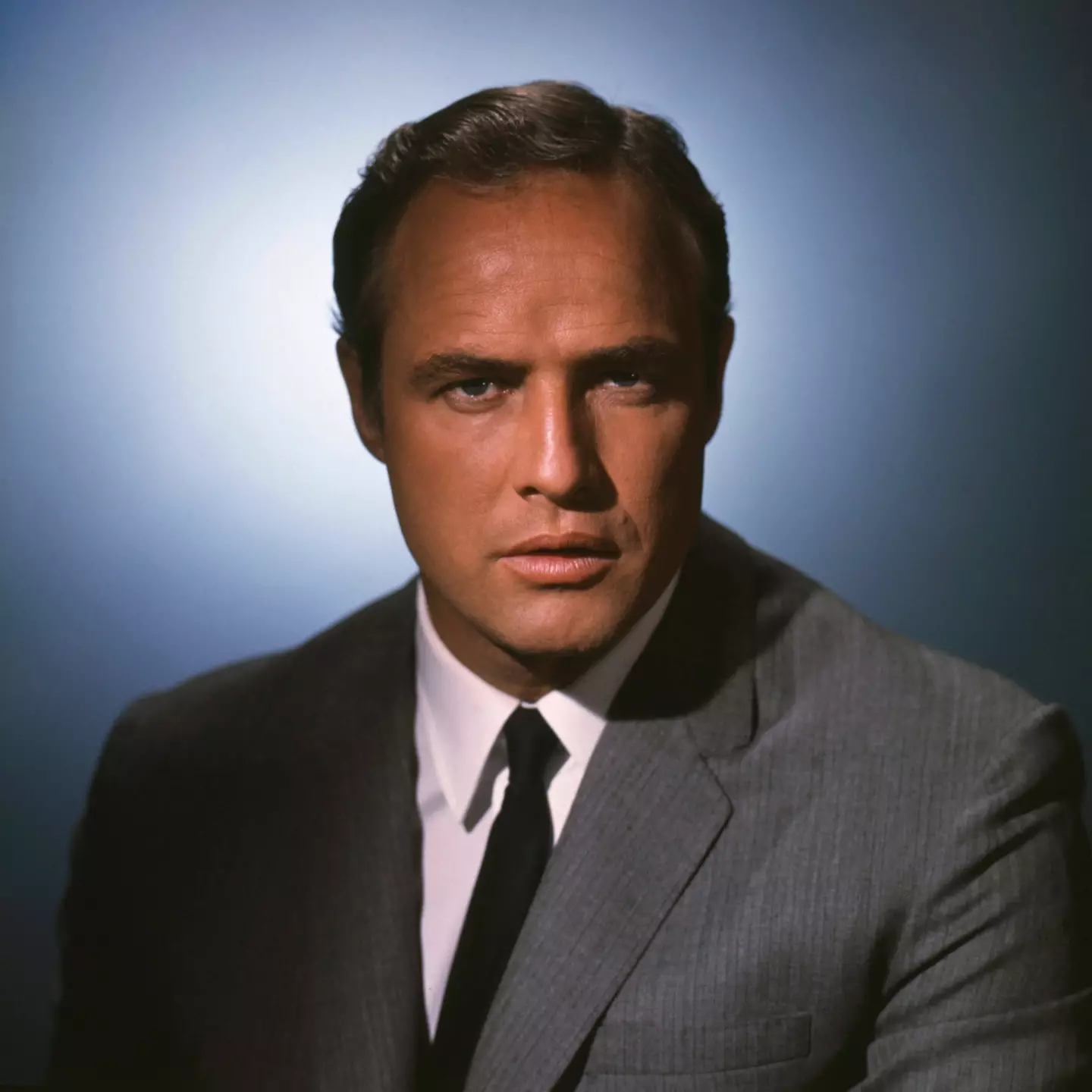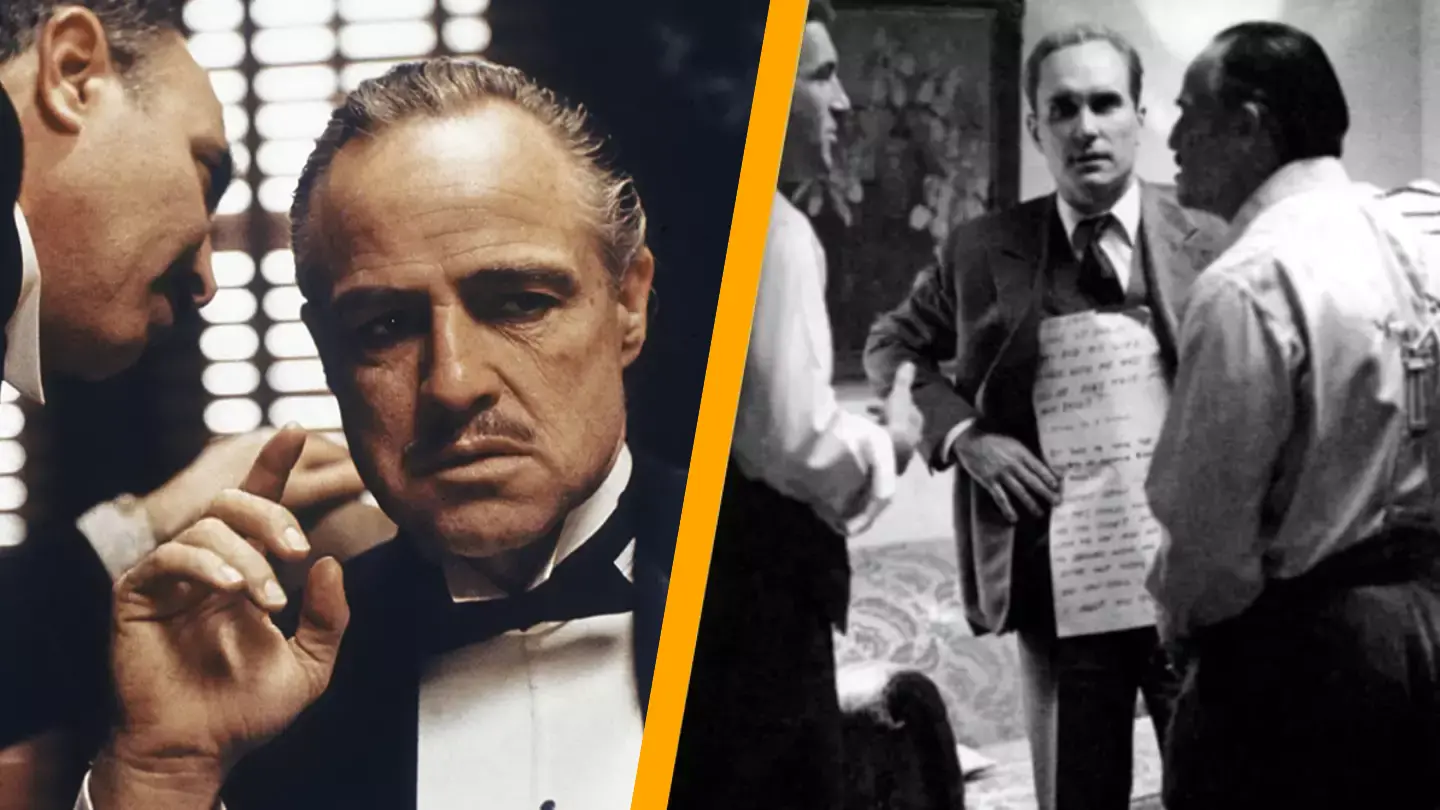Marlon Brando established himself in Hollywood as one of the most esteemed actors of his time, yet his rationale for not memorizing his lines would be quite controversial today.
Securing an acting role in Hollywood is merely the first step towards making a lasting impression in the industry.
Numerous talented and less-talented individuals have passed through Hollywood without much recognition.
However, this certainly does not apply to Marlon Brando. The man became a legend and earned two Best Actor Oscars before his passing in 2004.
His second Oscar came from his most iconic role in The Godfather as Vito Corleone, a performance that has captivated generations. But what you might not know is that for some scenes in the film, Brando didn’t even bother to memorize his lines.

Instead, he would have someone off-camera holding up cue cards, derogatorily referred to as ‘idiot cards’, which he would read from during the scene.
It does seem peculiar for a seasoned actor not to know every word of his character’s dialogue, so what was the reason?
Was it laziness, last-minute dialogue changes, disinterest in the role, or was there something deeper at play?
According to Brando, there was a method to his approach.
Brando was a proponent of the Stanislavski Method of acting, which emphasizes relaxed, naturalistic performances over rehearsed recitations.
This style is evident in his performances in A Street Car Named Desire and On the Waterfront, and it sparked a new trend in the industry, leading other top actors to pursue similar performance styles.
To achieve this natural performance, Brando opted for an unconventional technique. He believed that when people speak, they don’t know exactly what they are going to say, so even the most nuanced reciting of scripted words felt inauthentic to him.

Biographer Stefan Kanfer elaborated on Brando’s thoughts in his book Somebody: The Reckless Life and Remarkable Career of Marlon Brando.
He wrote: “In ordinary life, people seldom know exactly what they’re going to say when they open their mouths and start to express a thought. They’re still thinking, and the fact that they are looking for words shows on their faces. They pause for an instant to find the right word, search their minds to compose a sentence, then express it.”
In a sense, it does make logical sense, though it was probably a minor inconvenience for those involved in the film. Nevertheless, he received an award for his performance, so perhaps he was onto something.

